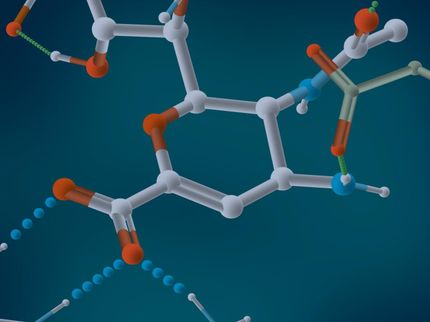Protox announces positive final results from BPH study
Advertisement
Protox(TM) Therapeutics Inc. announced positive final results from its Phase 1 study evaluating PRX302 in patients with benign prostatic hyperplasia (BPH), a common condition among the aging male population. The trial results indicate that PRX302 is safe and well tolerated and shows very promising signs of therapeutic activity for the treatment of BPH.
"The impact of PRX302 in the quality of life of most patients has been dramatic," commented Dr. Peter Pommerville, co-principal investigator at Can-Med Clinical Research Centre in Victoria, B.C. "In addition to the rapid treatment response, the effect of PRX302 continued to improve with time and showed that symptomatic relief was sustained over time. Furthermore, patient satisfaction with the single ten minute office-based minimally invasive treatment for BPH is high."
This study was an open-label, multi-centre, dose escalation study where the primary endpoint was safety and tolerability following a single intra-prostatic administration of PRX302. The secondary endpoint was to determine therapeutic activity as measured by the change in International Prostate Symptom Score (IPSS) throughout the study, when compared to screening. In addition, changes in Quality of Life (QoL) scores, prostate volume and uroflow parameters were also monitored. A total of 15 patients with moderate to severe BPH were treated in this trial. The dose was increased 14-fold between cohort 1 and cohort 4, keeping the dosing volume constant, whereas one additional cohort received cohort 1 dose at a 4-fold higher volume. Patient parameters at screening were as follows: age - 64.8 years (range: 52-82); prostate size - 41.3 mL (range: 30.0-80.1); IPSS - 19.1 (range: 12-26); QoL - 4.3 (range: 3-6). Most patients treated in this study were either refractory or intolerant to oral therapy.
PRX302 is the lead drug in the company's PORxin(TM) technology platform. PORxin drugs are pore-forming pro-drugs that are activated by specific proteases produced at elevated levels on the surface of target cells. PRX302 has been generated by engineering the naturally occurring toxin proaerolysin so that it is activated by prostate-specific antigen (PSA), an enzyme that is overproduced in patients suffering from prostate cancer and BPH (benign prostatic hyperplasia or enlarged prostate). Once activated, the drug punches holes in the cells causing the contents to leak out and ultimately cell death.

















































